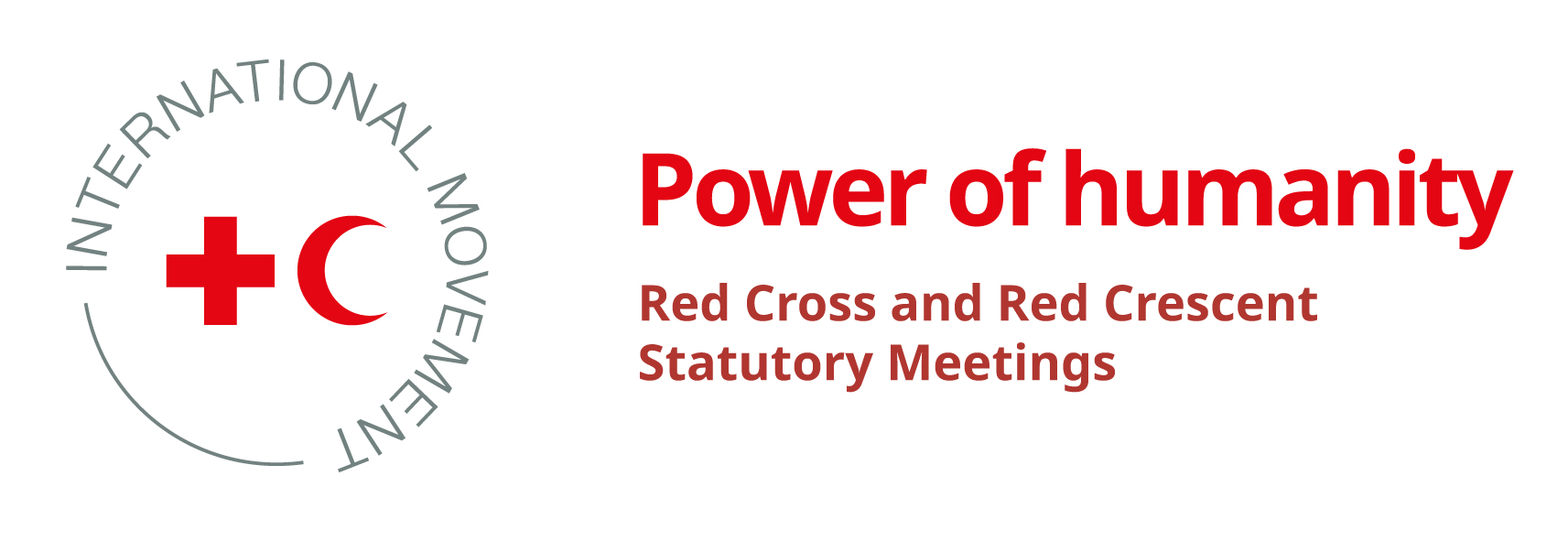Strengthening the resilience of urban communities: Our way forward
June 2021
Author: Sandra D’Urzo, Senior advisor for Shelter and Settlements, International Federation of Red Cross and Red Crescent Societies (IFRC)
Contributor: Aynur Kadihasanoglu, Senior Advisor for Urban Disaster Resilience, IFRC
Abstract
The ongoing pandemic and its long-lasting consequences call for renewed efforts in strengthening urban community resilience. Cities are both hubs of development and innovation and the epicentre of major challenges for vulnerable communities.
How do we improve the effectiveness of humanitarian action in urban areas? What kind of innovation is needed to tackle urban complexity and fragmented communities? Operating in urban settings is not new to the International Red Cross and Red Crescent Movement, but we need new ways of working in cities, including wider partnerships, along with advocacy for increased investment in risk reduction, social inclusion and equality for the most vulnerable.
Complex city dynamics call for a shift of perception; urban issues are conventionally considered to be part of a “development” agenda, and some might argue that it is government’s job and that the National Societies of the International Red Cross Red Crescent Movement does not have the required expertise. We are seen as an emergency player with high immediate value but not necessarily a long-term role.
Urban systems are all inter-related and fluid, and flexibility and agility are required to deal with shifting situations. “There’s no single problem, a problem never stays alone,” remarks Jaya Tulha, who managed the Coastal Cities Resilience programme of the Indonesian Red Cross Society (Palang Merah Indonesia) in Jakarta, Indonesia. “We have to sit together with stakeholders who have expertise, those who have authority on the issues, and solve the problem together.”
In cities, humanitarian and development issues and needs cannot simply be dissected or put into our usual “sector silos” as their systems are interdependent and connected.
How could you ask a child whose single mum has just lost her job in the informal economy, whose house cannot be fixed because she has no rental contract, if his needs are more humanitarian or developmental? Finding entry points to have an impact on people’s lives and coming up with solutions that also address the mid and longer term is what really matters.
There is certainly no silver bullet solution for the urban resilience agenda, but we can champion some noticeable gains, such as reducing the vulnerability of the urban poor, particularly those living in informal settlements and high-risk areas, through community-driven participatory processes leading to scalable solutions to reducing risk in their living environment.
We can call for participatory urban development, where the community plays a role in finding a solution, and for more partnerships, where a part of the initiative is carried out proactively by community members, and the other part – be it land allocation, community infrastructure or access to basic services – is up to city stakeholders or partnerships which leverage each other’s capabilities. We use our well-rounded tools, our vulnerability and capacity assessments, our volunteer door-to-door work and our knowledge of local dynamics. This is inclusive development, development with a human face, development that creates resilience. This is part of who we are, it sits in our humanitarian DNA, it is our unique way.
We advocate for increased investment in risk reduction, combined with the strengthening of risk-informed anticipatory action, based on technology, scientific data and forecasts, to minimize the loss of life and civic assets. It can include the use of smart technology, innovative outreach and life-saving messages, such as the WhatNow platform or rent-free agreements with the Open Homes initiative of AirBnB.
A cornerstone of urban resilience is advocacy and integrated programmes. Clearly, we are not responsible for city planning or land management, but we do devise relevant initiatives, for instance, building back safer, providing support to secure land tenure, training families in improved technologies or financial literacy and empowering communities to advocate for better sanitation conditions, waste management and habitat measures.
The new way of working requires National Societies to focus more on playing a supporting, enabling and connecting role with communities rather than adopting a service provider approach.
This is clearly where our comparative advantage lies, and we have the expertise and experience in community work and the skillsets required to lead the change.
See also
WhatNow platform
Urban Resilience Toolkit (available only in English)
Owner-Driven Housing Reconstruction Guidelines (available only in English)
Post-disaster settlement planning guidelines (available only in English)
Heatwave Guide for Cities (available only in English)
City Heatwave Guide for RCRC Branches (available only in English)
Business Preparedness Initiative (available only in English)
The International Committee of the Red Cross, the International Federation of Red Cross and Red Crescent Societies, and the Standing Commission of the Red Cross and Red Crescent, in its function as Trustee of the International Conference of the Red Cross and Red Crescent (the Conference), cannot be held responsible or liable in any manner for any user-generated content or posts on this Database. In the event that the Website team considers any post or content to be incompatible with the Fundamental Principles of the International Red Cross and Red Crescent Movement and/or with the objectives of the Conference, it reserves the right to remove such content.




